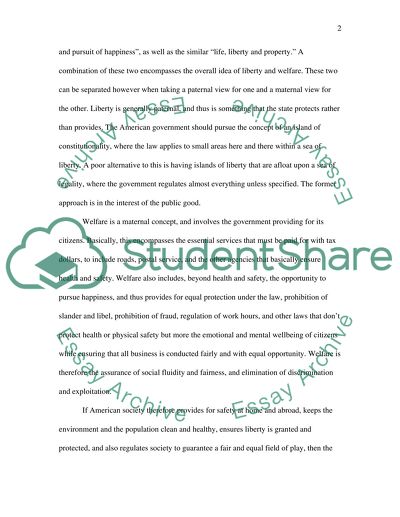Cite this document
(“P.Sc.1001 term paper Example | Topics and Well Written Essays - 2500 words”, n.d.)
Retrieved from https://studentshare.org/environmental-studies/1415990-psc1001-term-paper
Retrieved from https://studentshare.org/environmental-studies/1415990-psc1001-term-paper
(P.Sc.1001 Term Paper Example | Topics and Well Written Essays - 2500 Words)
https://studentshare.org/environmental-studies/1415990-psc1001-term-paper.
https://studentshare.org/environmental-studies/1415990-psc1001-term-paper.
“P.Sc.1001 Term Paper Example | Topics and Well Written Essays - 2500 Words”, n.d. https://studentshare.org/environmental-studies/1415990-psc1001-term-paper.


